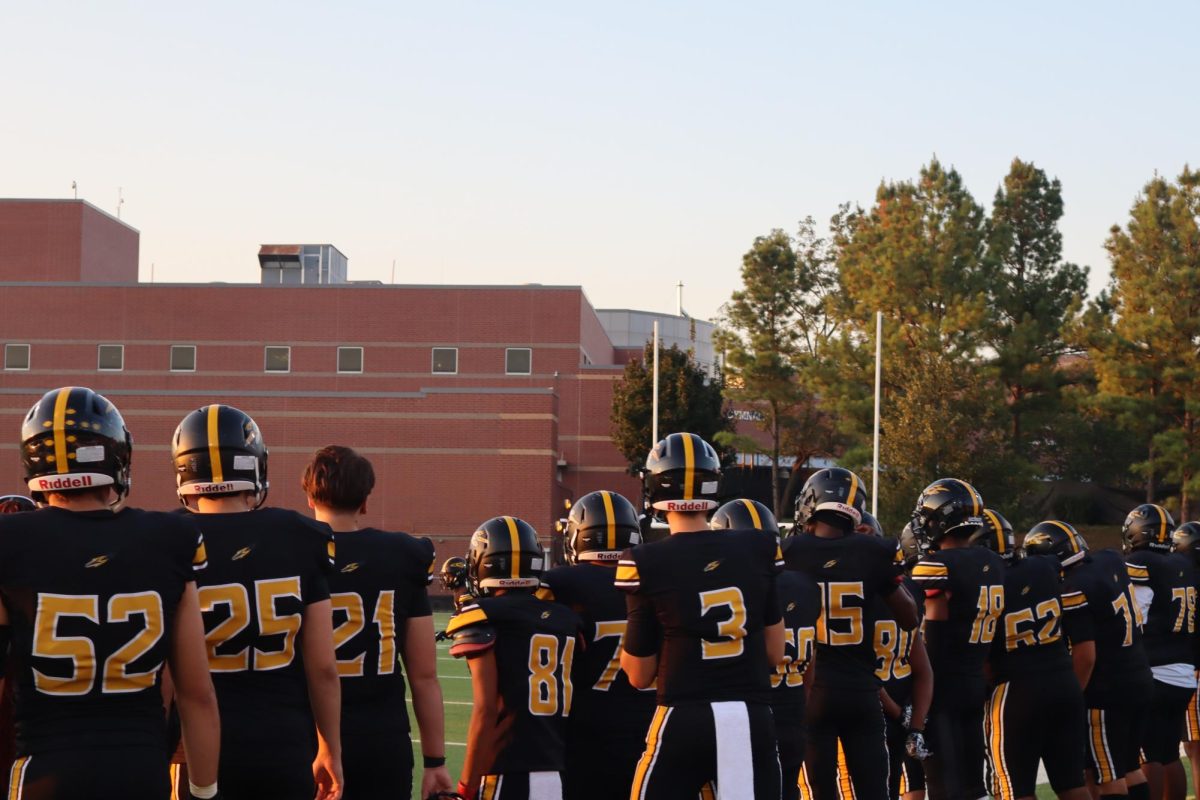On November 14, Turkish Prime Minister Binali Yıldırım ordered the blocking of more than five different social media sites, including Facebook and Instagram. This censorship comes after the coup directed towards the administration of current President Recep Tayyip Erdoğan on July 15, 2016. This censorship is among the many concerning decisions his government has made.
For many people, Turkey is not a nation that sticks out in their minds. It was once considered the center of a strong Muslim empire known as the Ottoman Empire. But little regard is given to the country. Now, it is just another ally of the United States and a “forgotten” country in the Middle East.
However, it is important to understand that what happens to Turkey will directly affect the United States. If Turkey decides to be like many of their Muslim allies and turn into a non-secular dictatorship, it will cease to be a democratic and free-trade nation. The major switch could prove detrimental both to the U.S economy and to U.S foreign policies within the nation, seeing as Turkey is such a key ally in the Middle East.
As a person who is half Turkish and has family members who left Turkey initially because of the tensions, I feel very strongly about Erdoğan and am deeply concerned with the new direction Turkey is taking. For years, reports have said he has infringed on basic human rights by forcing a religion on the people and killing innocent civilians. In the past year alone, he has made extremely costly foreign policy decisions that ultimately put the country at the center of the war against ISIL and other groups.
According to the Turkish newspaper Hürriyet Daily, “Tens of thousands of schoolchildren, including religious minorities like the Kurds, have been forced to go to Islamic schools or forced to have some form of Islamic religious education.” Erdoğan aims to transform the Republic from secular to a Muslim country. Some have accused him of directly violating the amendment in the Turkish constitution that calls for freedom of religion.
These policies should raise red flags to citizens everywhere. The United States should be worried because continuing to associate with this man and his actions will make the country appear hypocritical. For a nation that has so much regard for human rights and goes out of its way to prevent more violations, to associate with a nation engaging in acts like these goes against the principles the United States stands for.
His highly controversial decision to support and fund extremist groups in Syria means cities in Turkey are now top priorities for terrorist groups. Erdoğan has willingly put hundreds of thousands of lives at risk with this decision and it shows yet again his incapability to be prime minister. According to Qatari news service Al Jazeera, on Dec. 10th, 38 people were killed in two separate blasts. The majority of those injured were police officers. Two days later, a rebel Kurdish group took responsibility. The death toll of the attack is almost as bad as the the one last July, following the horrific bombing at the Istanbul Atatürk Airport.
And to put it bluntly, Turkey is not a safe country at all. It faces several huge security threats: the Islamic State where Turkish forces are fighting in Syria and Iraq as part of a coalition with the US and other countries, and Kurdish militants in the Southeast. And in the fight against global terrorism, Erdoğan will not admit that groups like Jabhat al-Nusra and ISIL are the real threats. He is adamant on declaring the Kurds and other minorities within the country are the bigger threat. By choosing to neglect the bigger issue at hand, he has made the decision to focus all of his attention and resources on getting rid of a group of people that makes up less than 10% of the population.
But due to recent circumstances, it is even harder to see what is in store for Turkey over the next few months. Following the recent assassination of the Russian ambassador to Turkey in Ankara on December 19, the Republic’s once strong foothold in the international community seems even more shaky. The shooting has managed to destroy recent cooling efforts regarding Russia and Turkey’s relationship overnight. With the destruction of ties and the Kremlin’s quick decision to call it a terrorist attack, it further prevents the Republic from joining the extremely critical European Union. In addition, the assassination has managed to reshape Turkey’s international image from a relatively peaceful nation into one that harbors radical Islam and one that condones terrorism. The act has severely damaged most of the ties the Republic has.
As a concerned global citizen, the situation is extremely bleak and it does not look like it is getting better anytime soon. We can hope and pray all we want that the situation will get better, but at a certain point, words become useless like a dull knife cutting stones. I honestly believe that the solution to the problem does not involve waiting and watching to see if Erdoğan will get better, rather action. And when I say action, I do not mean military or any form of violence because I do not condone violence. The Western community must recognize the seriousness of the issue at hand, and must get involved. Trade embargoes, further barring access to international groups like NATO and the EU, and other foreign policy actions must be taking place. But the only way to initiate actions like these is to have the United States spearheading the efforts. I hope that with the new administration coming in and the president-elect’s trade ties with Erdoğan, more light will be shed on the Republic and that will motivate others to get involved.













